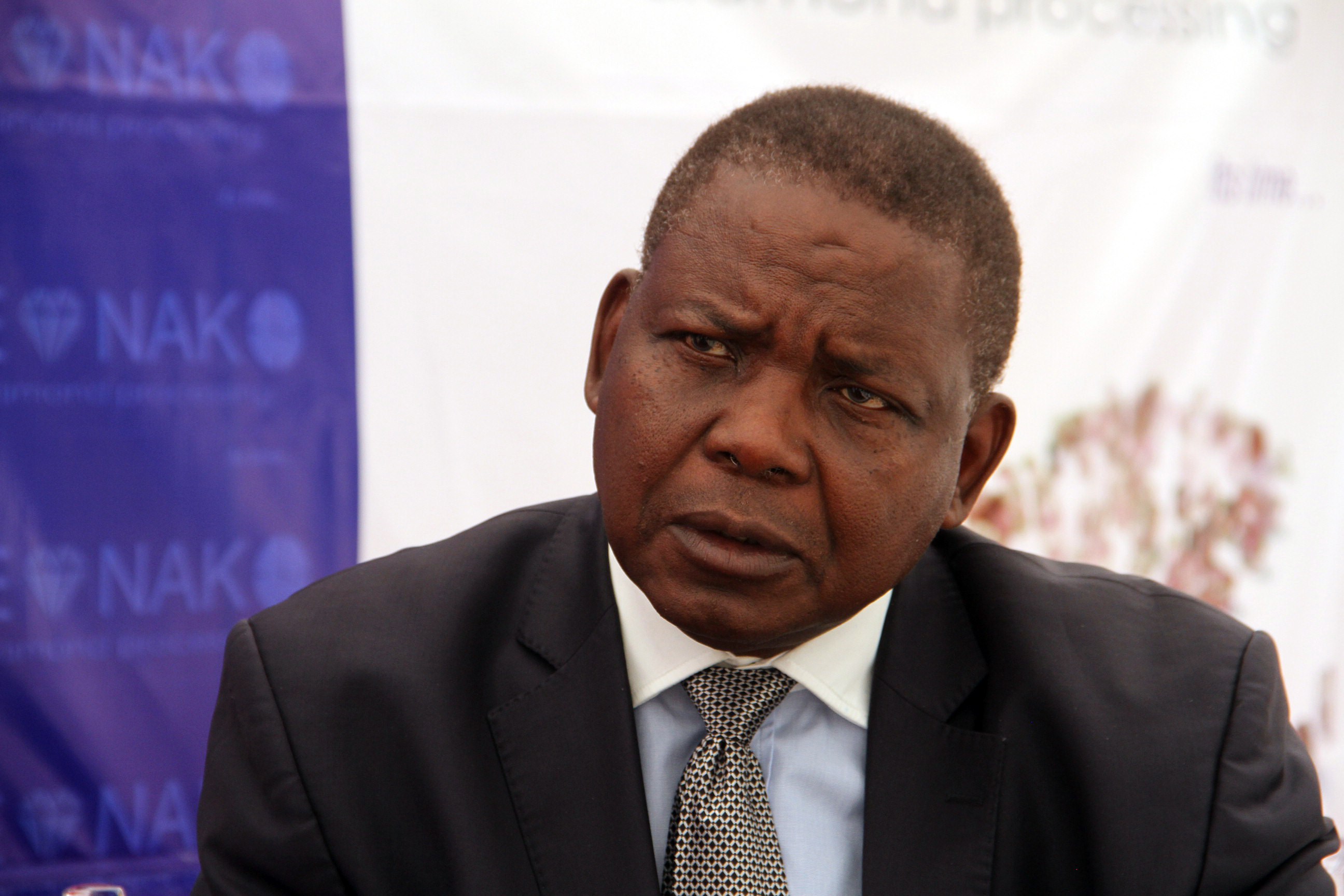
The Sunday Mail

ADVOCACY and civil society groups opine that the country could have been prejudiced of billions of dollars in potential revenue by mining companies that are reluctant to transparently share their financial performance with the public, it has been learnt.
There is generally consensus within Government that some private mining houses could have been understating their revenues and fudging their accounts in order to evade paying their obligations to the authorities.
But Government is now engaging mining companies in order to come up with a mechanism to ensure that they share as much information with the public as possible.
A recent report that was commissioned by the USAid Strategic Economic Research and Analysis (Sera)-Zimbabwe with the help of the
Zimbabwe Environmental Law Association (Zela) notes that without mandatory reporting or full financial disclosure, private mining companies are likely to find it convenient to understate earnings or completely mis-report.
“When we say there is lack of transparency in the mining sector, the information that is available does not sufficiently give currency to the accountability required,” said Mr Mukasiri Sibanda, Zela’s economic governance expert, in a recent interview.
Mining accounts for over 45 percent of Zimbabwe’s export earnings and 50 percent of total economic output.
Experts however argue that the contribution of the mining sector could be more where all the revenues from minerals fully accounted for.
Private mining entities are not legally obliged to disclose their earnings except for tax purposes to revenue collector, Zimra.
Listed miners – Bindura, Hwange, Falgold and RioZim – report their financials regularly as per Zimbabwe Stock Exchange listing rules.
According to Zela, there were uncomfortably high levels of secrecy especially in the diamond industry.
“In 2012, that was the peak of revenue (in the diamond sector); about $700 million was realised yet the dividends fell compared to 2011, and such a disparity does not make sense. There is a serious anomaly there. . .
“There are some unproductive fallow periods from the state-owned enterprise like ZMDC (Zimbabwe Mining Development Corporation) in terms of release of their audited financial statements; such issues are some of the things affecting the sector in terms of transparency,” explained Mr Mukasiri, adding: “The ZMDC 2012 annual report shows that Anjin is 10 percent owned by ZMDC and 40 percent by another Government department. Government is expansive, who should we hold accountable in Government? It is important that there is clarity so that calls for accountability can be more pointed.”
But it seems Government and the mining houses are at loggerheads.
While Government, especially the Ministry of Finance and Economic Development, allege that there is limited transparency and accountability in the mining sector, mining companies actually believe that they reveal a lot of information to the general public and Treasury.
The disparity between increased mining output and declining royalty payments to Government has been particularly worrying.
Mining exploration consultant, Professor Godfrey Dzinomwa, however, said the lack of exploration work in the sector was one of the major limitations to making companies accountable and transparent.
“Lack of exploration leads to lack of disclosure. You cannot expect disclosure of something whose quantities are not really clear. Small-scale miners produced more gold last year, but it is not known for how long this will happen and at what quantities,” he said.
Mr Rodney Ndamba, the founding head of the Institute for Sustainability Africa (Insaf), a non-governmental organisation, believes that there is need to understand the legal framework governing transparency and accountability in the extractive sector.
“What exactly should be disclosed and to who,” he said.
Other stakeholders in the mining sector believe that mining companies have no legal obligation to reveal key financial information to the public.
It is often argued that such information is already being forwarded to the relevant authorities such as Zimra.
But even community advocacy groups have an appetite for such crucial data.
Mr Malvin Mudiwa, who is part of the Marange community, said it is not easy to access the operational data of companies that are even working in their backyard.
“We want to know the people doing operations in our communities also. When we tried to find out who Mbada is, we did not get that information,” he said.
However, Chamber of Mines of Zimbabwe chief executive Mr Isaac Kwesu argues that researchers did not do justice in their search for information as they relied on secondary sources.
He said the information was readily available at the right places.
“We have been attacked that we do not provide information, but, just like any other stakeholder, we subscribe to transparency and accountability.
“The information is available but you do not know where to find it,” he said.
The researchers did not approach the Chamber of Mines for the information they require.
It is believed that the establishment of an institutionalised mineral revenue transparency initiative would be vital to capture all the relevant information needed.
Government also says it is already working on a strategy to tighten revenue leakages and enhance transparency and accountability in the mining sector.
Deputy Minister of Mines and Mining Development Engineer Fred Moyo said there are moves to account for all production processes.
“We are aware and are working with mining companies so we agree on a way forward so that they account for all their production processes.
“This will show us if the cost structure is in line with acceptable standards so that when we calculate the revenue or cost of sales, everyone can see how we came to that and how much has gone to Government.
“This is what we are coming up with to say if we plug into this formula, and look back, we can see if Government is overtaxing companies or if there is a gap in favour of the mining firms so that they underpay Government,” said Eng Moyo.



